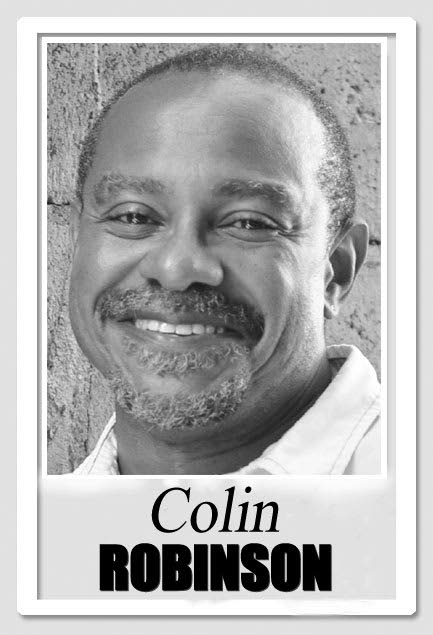Come Monday

Tomorrow we choose who we give authority to manage our economic, social and public health for at least the next five years. Folks we entrust to chart the course forward from the covid19 pandemic, one of the biggest social changes in modern history, through one of the most challenging periods for the global economy. Who gets to create the vision for a society that will have to look fundamentally different from the one we jumped up in last Carnival.
No international observer would believe our current election campaign is about that.
The Express has published a page 2 ad some claim seeks to parody this, with a guessboard asking if voters think running the country is a game. Each square offers the kind of innuendoed picong that exemplifies much of the political discourse, pointing to 12 easily recognisable figures with offensive gossip. No PNM candidates are targeted, leading commentators to assume it’s political advertising by partisan operatives that no self-respecting media house should have taken money for.
Either way, the advertisement illuminates how far the national psyche is from political reality.
UNC advertising boasts multiple bold plans, with little coherence. PNM policy statements about the road to recovery sharply reject deepening the welfare state, yet political advertising touts its efficiency at welfare delivery.
A 2020 manifesto was released a mere fortnight before the poll.
Media coverage illuminates candidates, but raises few strategic questions about this critical moment, often leaving us in the weeds of opinion polls.
The PNM says the entire UNC regime is tainted by corruption and Watson Duke’s pending rape charges disqualify him morally for Parliament, while whitewashing former UNC minister Gypsy to run in a marginal seat, its lady vice chairman summarily dismissing details of a domestic violence order of protection granted against him by the courts.
UNC leaders engage in racially edgy wordplays. PNM highlights candidates’ sexuality in ugly picong.
And now – suggesting internal party polls show the election to be far more of a dead heat that many of us realise– the PNM is willing to stoke the deep resentment and polarisation that will inevitably result from a technical challenge to the validity of a UNC candidate’s filing in a safe seat.
No one is posing the really tough questions about governing and policy – not the long list of third parties, not the NGOs, not journalists, not columnists (not with sufficient analysis and authority).
Come Monday, I’m clear, there’ll be an enormous amount of work for all of us citizens. To restore nationhood after the reckless campaign. To manage the choice between dotishness and corruption as trumps we’ve once again allowed ourselves to be dealt. To deal with the monumental consequence of that cut this hand.
Having been part of that collective choice, I’m now desperate for the most productive avenues come Monday to make the best of my negligence.
Come Monday we will need a radically different approach to economic planning that I have no confidence either party is equipped to offer itself, let alone us.
Those prescriptions will be tough medicine, and it is critical to ensure they are delivered by people with credibility and communications savvy. In other words. not Colm Imbert. Rewinning their confidence and making a commitment to execute the recommendations of the nation’s best planners will be required to bring them back to the table.
Come Monday, we’ll have a large pool of resentful losers, almost as large as the gloating winners, to heal.
It’s hard to imagine, at the end of the current campaign, what either of the two major parties can credibly say or do in that regard. But non-partisan voices from faith and mental health are urgently needed for leadership and programming.
If a new government is to have any honeymoon from broad discontent, it must also undertake much more deeply participatory approaches to planning and decision-making across the board.
NGOs can use past experience to rally together around the October budget, developing a small suite of citizen-designed transformational initiatives, like those expected of the Community Recovery Programme Team, which Government funds. It is essential that some of these have impact in Opposition garrison communities. They can provide an early model forward for participatory governance.
One of them ought to be the shared management services initiative I’ve discussed; this would quickly make a suite of NGOs more effective at what they do.
Finally, rebuilding our school system into one that is rooted in local communities, de-centred from the SEA exam, and that builds the potential of all children and equips them for the economy we have, has been a stubborn failure to which we’ve brought little policy leadership. An early and serious push by families and communities can jumpstart the kind of post-covid19 educational thinking we need. Education is perhaps the policy reform where post-election citizen action will be the hardest to reject.

Comments
"Come Monday"